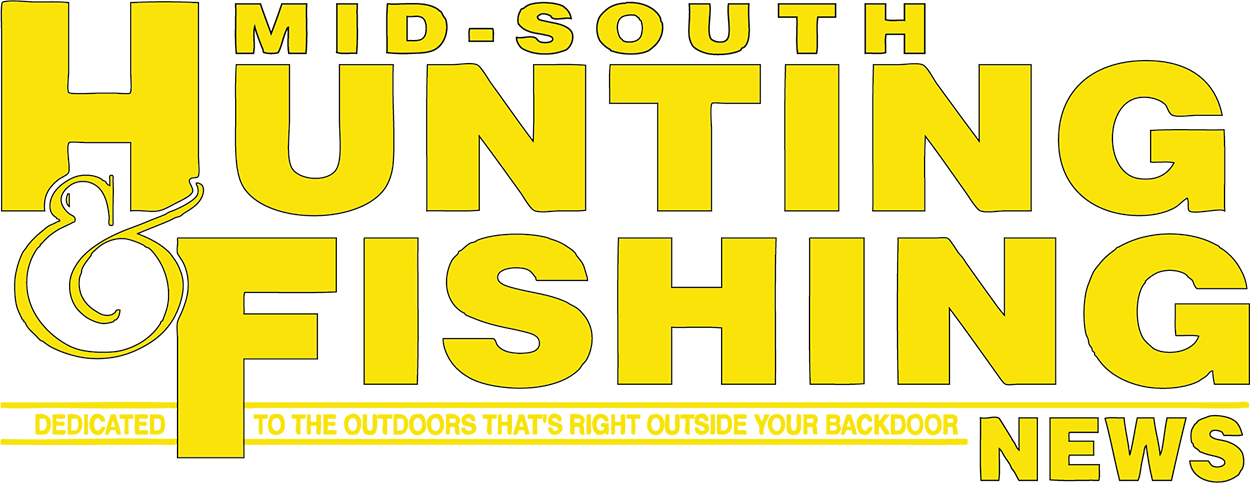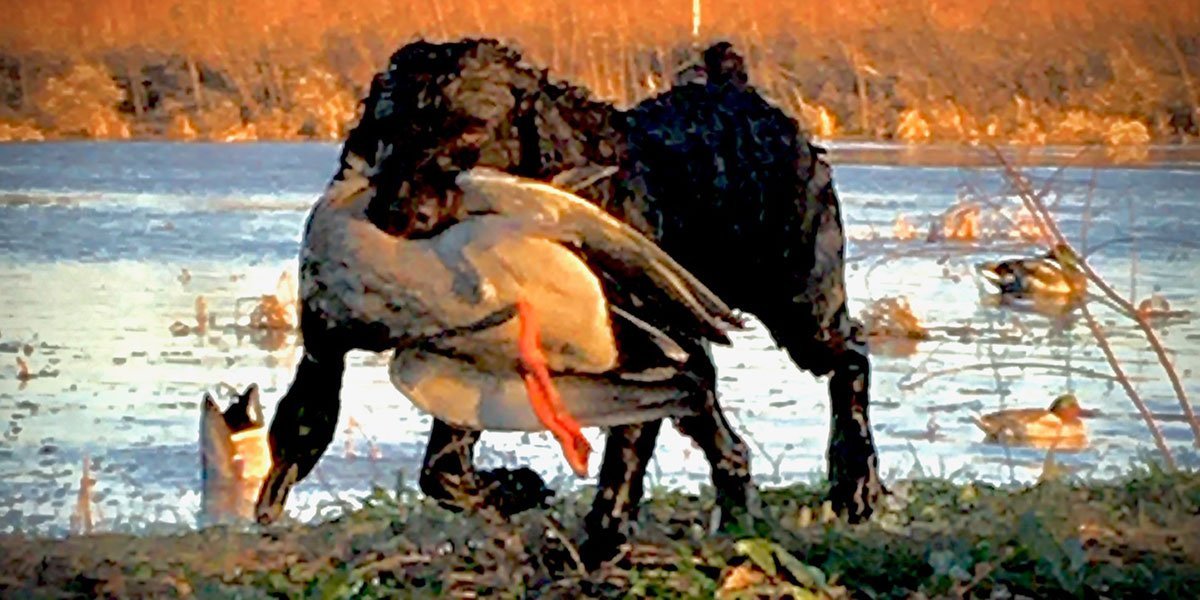By Taylor Wilson
The MSHFN wraps up its series on hunting dog selection in this issue with retrievers.
Those reading the previous articles have certainly seen the common thread stitched throughout all the pick-a-pup stories. This strand holds together these notions: know what you want in a dog; pedigree isn’t a guarantee, but it helps you hedge on good results; and nothing replaces hard, boots-on-the-ground work when it comes to creating a top-notch dog. All these truths also apply when it comes to purchasing retrievers.
Of course, retrievers come in many flavors (breeds) and some individual lines within the breeds offer even finer, more specific strengths (or weaknesses). For example, the old saying of, “That line of dogs has always been very good (or bad) at doing that…” Fill in the line on what specific “that” may be in the way of a desired trait, and you are a little closer to the direction you need to go.
Also as mentioned with other hunting breeds: do the homework to find exactly what you want. Homework is much easier today via online searches, but don’t neglect actually talking to a breeder.
There are many dogs that retrieve, but the main three are largely considered to be the Labrador, the golden and the Chesapeake Bay retrievers. And the argument over breed selection can be like talking Ford-, Chevy- and/or Dodge at a NASCAR race. What’s your preference?
I have owned all three, but I always did think what the late, great dog trainer Richard Wolters said about these breeds were true, though. An advocate of the Lab, he basically said, if you are in the dove field and a warden comes up, the Chessie is going to growl at him; the golden is going to lick him in the face, and the Lab is going to take him and show him where you hid that bird or two that might make you over the limit.
Wolters was a pioneer in retriever training and a few of today’s veteran trainers view his old school lessons as nothing more than cute puppy tricks, and are critical to a degree. But my thought on critics is this: they are thinking of themselves, and have an ax to grind, and in order to make the biggest noise (get the most attention), they typically try to chop down the biggest tree. Wolters was a big tree.
If I were freshman in puppy selection or Retriever Training 101 (or an old vet for that matter), I’d still try to read everything the Wolters wrote. Put your house on a good foundation, be it a small modular home or a mansion.
If one looks at the time invested and odds of having a retriever be precisely what you want—hopefully a retrieving machine—there is no doubt, the cost/investment for buying a trained dog is justified. Consider this, if finances allow.
But then again, some like to do it themselves. It’s a personal touch and a bond between dog and owner. If you decide to train your own dog, you may want to get it at a time of year that affords you the most opportunity to work with it, especially during it’s early stages. I always liked to get a pup in February or March, because the timing allowed me to use Tennessee’s early-fall dove seasons as a training period before waterfowl.
Then too, the time on a good buy for exactly what you want, is simply when such pups are available.

All dogs can become family members. Canines want to this, to be a member of the pack; it’s in their makeup. But I suspect few become family as easily or naturally as retrievers. Is it because of the hunting conditions? Retrievers (those used for ducks and doves) stay close to the hunters while the hunt goes on, while other sporting breeds are running out front, ahead, etc. They spend more time with us, and socialization of a dog should never be overlooked. All this is just a theory, though.
It could simply be because these breeds are so highly intelligent?
No matter the breed, skillset, or what you want the dog for, remember the saying that the secret to successful family relations has always been spelled T-I-M-E. And again, this is true with any dog you select.
In fact, don’t get a retriever at all if you are going to keep it in a kennel all year, and wonder why it doesn’t perform well when in the field. Most, if not all, of our working dogs’ flaws can be traced directly to one person: the owner/us. Be aware of the undertaking involved in having a top-notch retriever. It takes time, work, assisted with good pedigrees and knowing exactly what you want. Put all these pieces together and you should have a very good retriever.



